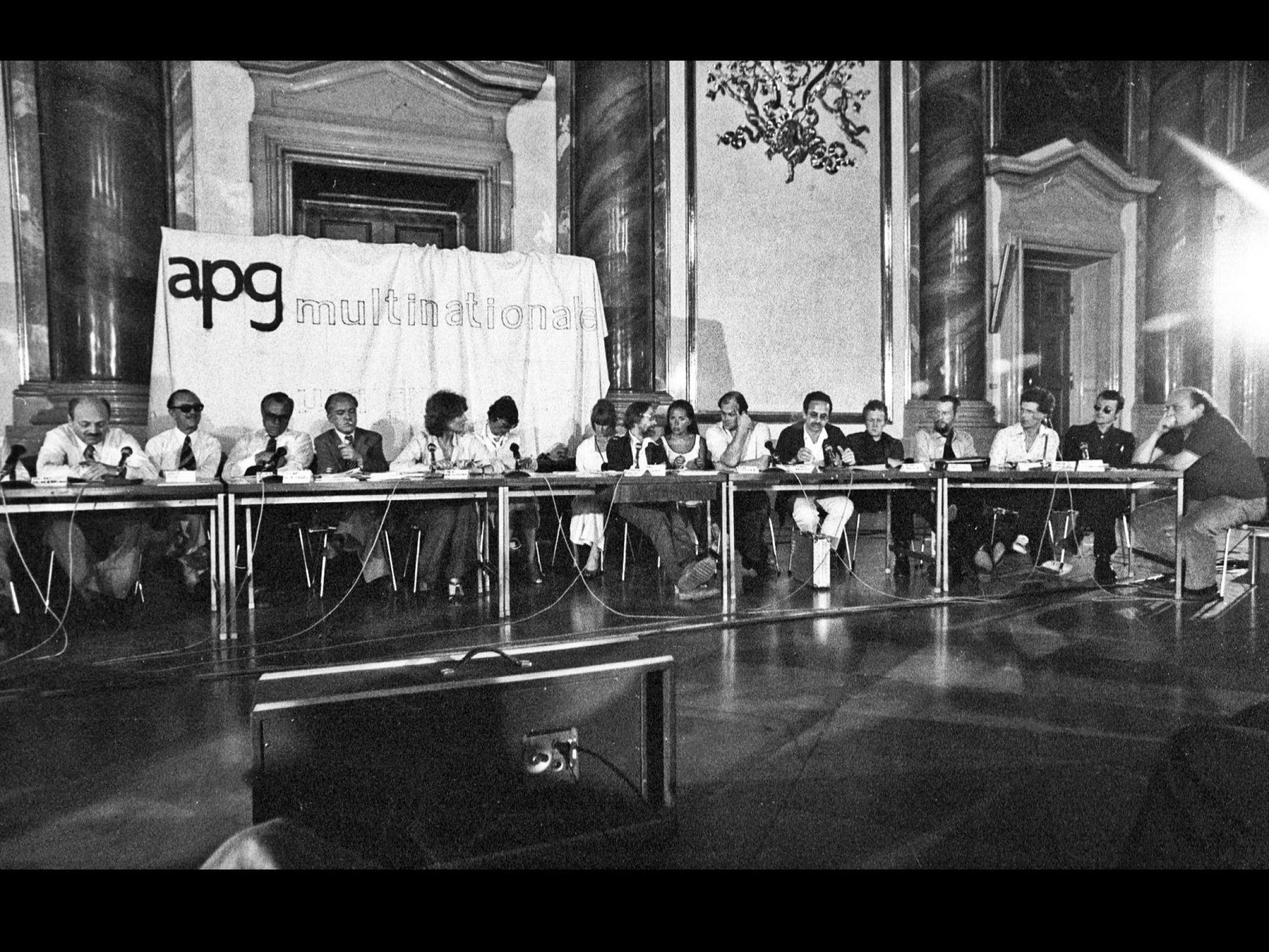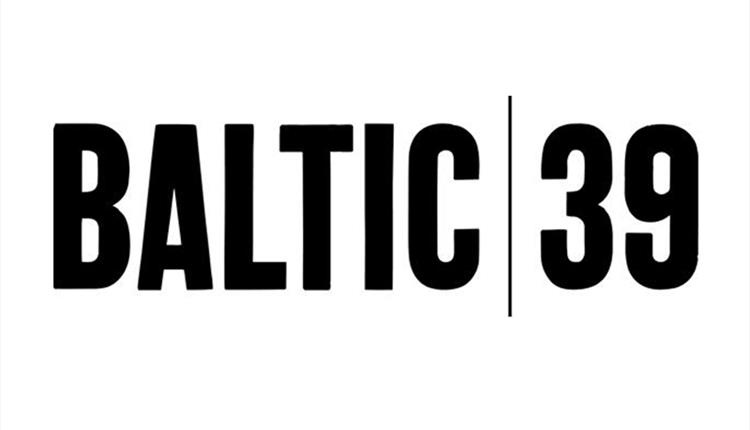INCIDENTAL FUTURES at Experimental Studio, Baltic 39, Newcastle
Friday 31 May 7pm & Saturday 1 June 2–5pm
Barbara Steveni in conversation with Andrea Phillips
Friday 31 May 7pm
Incidental Unit Public Meeting
Saturday 1 June 2–5pm
This Incidental Futures meeting at BALTIC 39 will be led by artists and feature incidental expanded documentation by curator and musician Dawn Bothwell.
Register your free place by emailing: [email protected]

The Incidental Unit touring programme: Incidental Futures is the first public programme organised by Incidental Unit and will explore the ongoing relevance of the Artist Placement Group’s ways of working by hosting six public meetings led by artists at public institutions in Birmingham, Bristol, Edinburgh, Liverpool, Manchester and Newcastle.
Through ‘incidental meetings’ IU will invite participants to join these public events, hosted by a commissioned artist local to the venue. Calling upon anyone to share thoughts and practice to continue researching the impact of APG and O+I today, in both the programme and online in the IU Directory. This programme aims to collect material, facilitate conversation and inspire action.
These events will be followed by a large-scale public gathering of 100+ artistic practitioners in London at South London Gallery with special contributions from The Centre for Research and Education in Arts and Media (CREAM) of the University of Westminster. An online resource will disseminate collected outcomes from the programme.
The Incidental Unit (IU) was formed in 2016 following a series of 'incidental meetings‘. The aim of these meetings was to informally share information about the Artist Placement Group (APG) (1966-89), as well as its successor O+I (Organisation and Imagination) (1989-2009). Founded by artist Barbara Steveni in London in the 1960s, the APG sought to reposition the role of the artist in society. For the APG, the artist was no longer restricted to or defined by the burgeoning culture industry nor conceptual modes of practice. Rather, the artist would work within what was called ‘industry’ in the UK of the 1960s. By way of the APG, artists were placed into governmental and commercial sectors. The IU seeks to reignite and enrich debates around the role of the artist in contemporary society and, more specifically, around current modes of socially engaged practice in the UK.
The IU reprises John Latham’s use of the term ‘incidental’. It is used to refer to activities without a predetermined intention. Incidental also refers to what Barbara Steveni identifies as the ‘not knowing’ experienced by an individual who enters an unfamiliar context or chooses to critically examine their own. The IU encourages approaches that interrupt existing institutional codes and that therefore create the opportunity to develop new patterns in education, administration and planning processes. To this end the IU has no formal organisational structure associated with legal, industrial or cooperative models. It is instead bound together by relations, knowledge, experience and a record of incidental activity that reflects the socially engaged nature of the IU. It is a unit of activity.
Funded by Arts Council England and supported by the BxNU Institute (BALTIC Centre for Contemporary Art and Northumbria University) and The Centre for Research and Education in Arts and Media (CREAM, University of Westminster).
